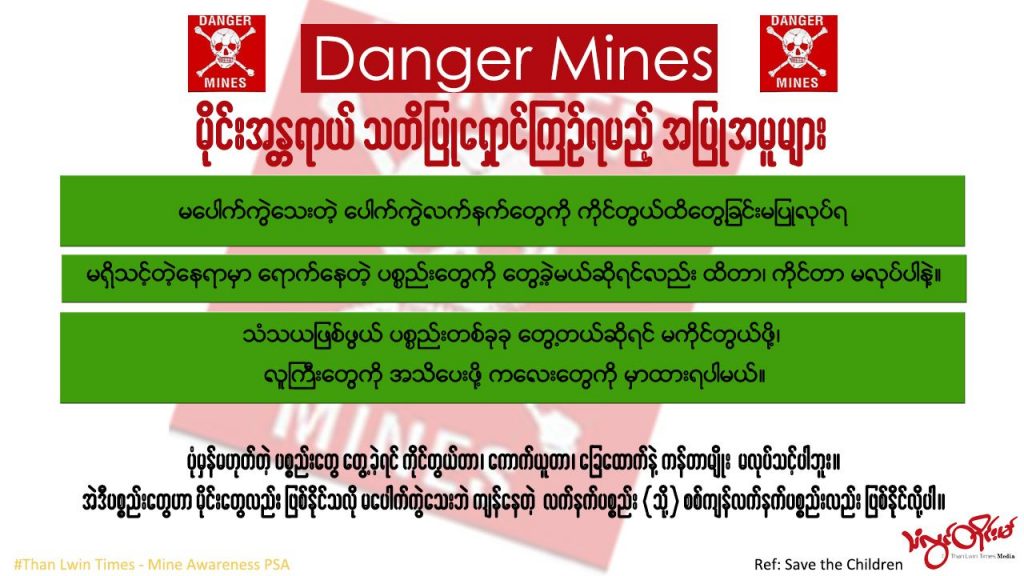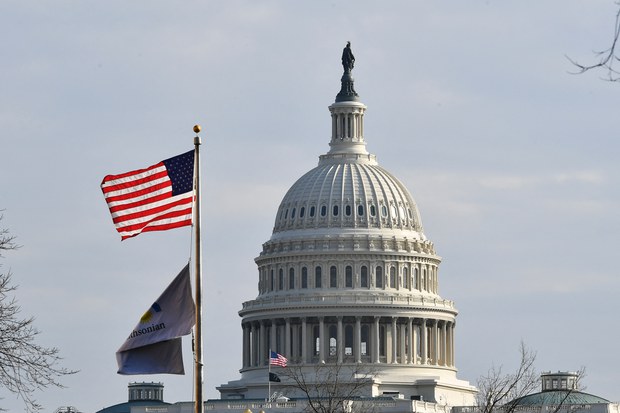Yangon, December (11)
Veteran politicians and analysts say that the Burma Act, enacted in the National Defense Authorization Act (NDAA) approved by the US House of Representatives on December 7, is a step forward for Myanmar’s Spring Revolution.
The law calls for non-military technical assistance to be provided to EAOs and the People’s Defense Forces (PDF) in Myanmar.
Veteran politician U Pe Than believes that if this law is passed, it will be progress for the revolution and will mean that the US recognizes EAOs and PDFs, which have been designated by the Military Council as terrorist organizations.
The US support also includes the National Unity Government (NUG), the National Unity Consultative Council (NUCC), the Committee Representing Pyidaungsu Hluttaw (CRPH) and those who joined the Civil Disobedient Movement (CDM).

In addition, the law provides for assistance to deserters who oppose the military coup and encourage the restoration of civilian rule.
U Than Soe Naing, a political analyst, said that under the Burma Act, it would be beneficial for the NUG to receive financial support even if it does not receive weapons support to carry out counter-offensives during the spring revolution next year.
The Burma Act in the NDAA states that Russia and China must be held accountable for providing support to the Myanmar regime.
In addition, the Burma Act calls for sanctions against the military council and its associates, and businesses controlled by the military regime that commit human rights violations, and to take action against the Myanmar Oil and Natural Gas Enterprise (MOGE), which is the main source of income for the military council.
Dr. Sai Kyi Zin Soe, a political analyst, pointed out that since the US technical assistance includes non-lethal elements, we cannot expect a weapon for revolution, and we need to see if those who are directly affected by the sanctions will make real changes.
Under the National Defense Authorization Act (NDAA), the United States will allocate funds from the 2023–2027 fiscal years of the U.S. government to provide appropriate assistance to Myanmar.
The law will come into effect after the NDAA Burma Act was approved by the US Senate and signed by President Joe Biden.
News-Than Lwin Times











